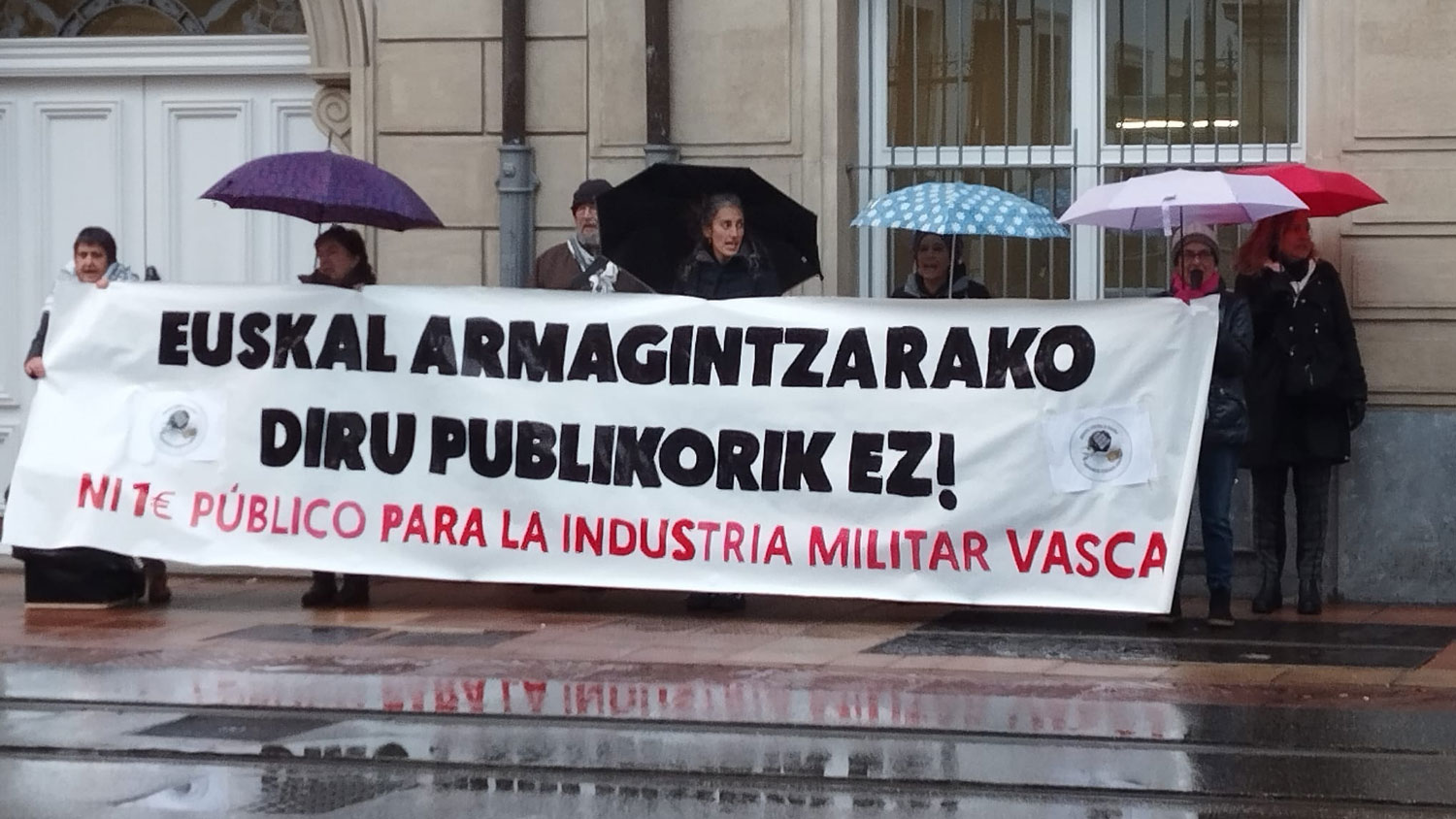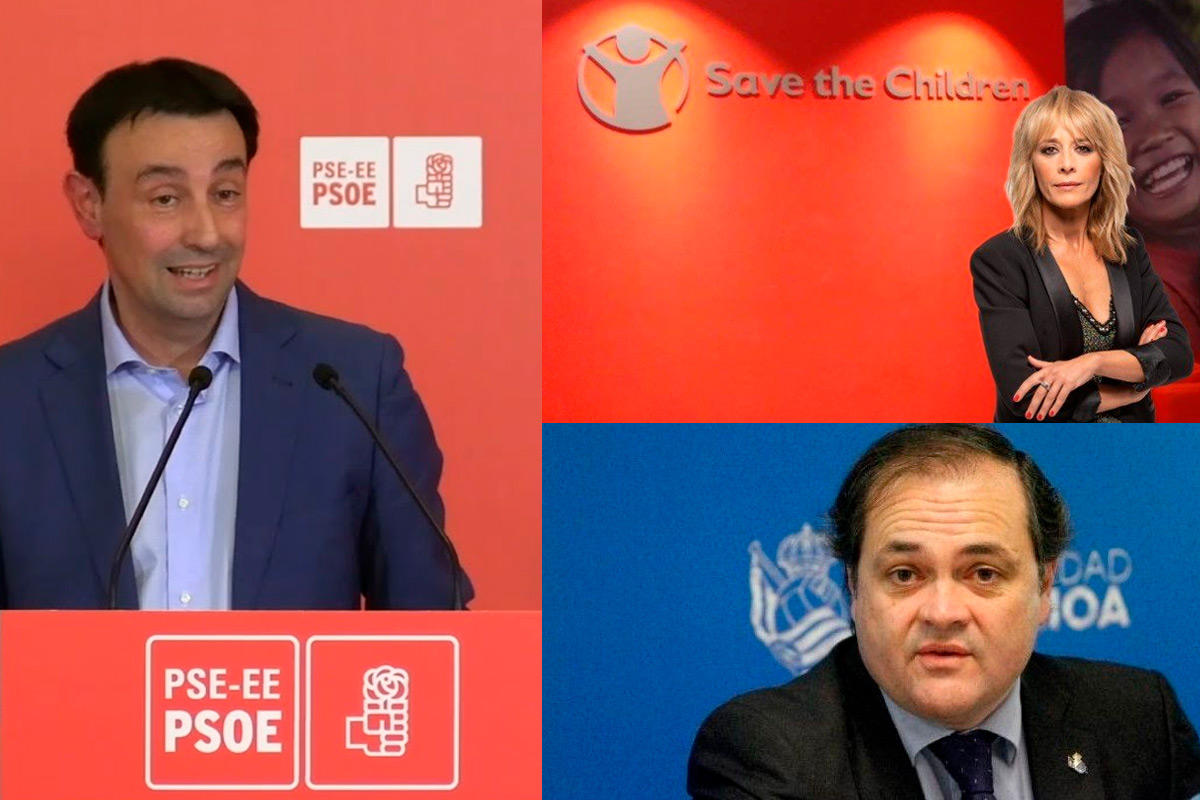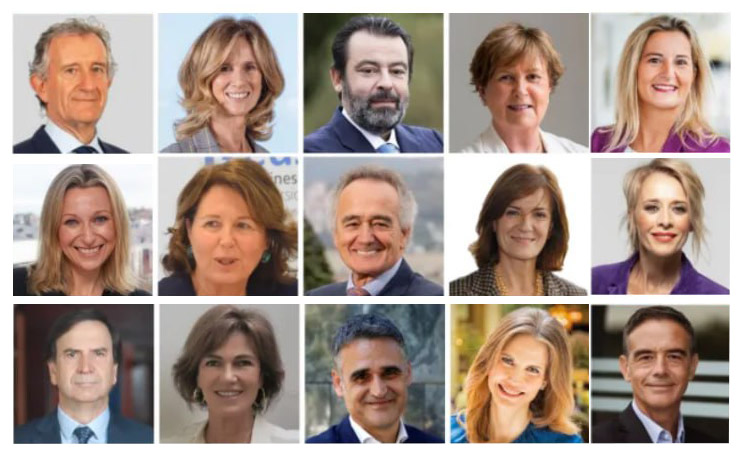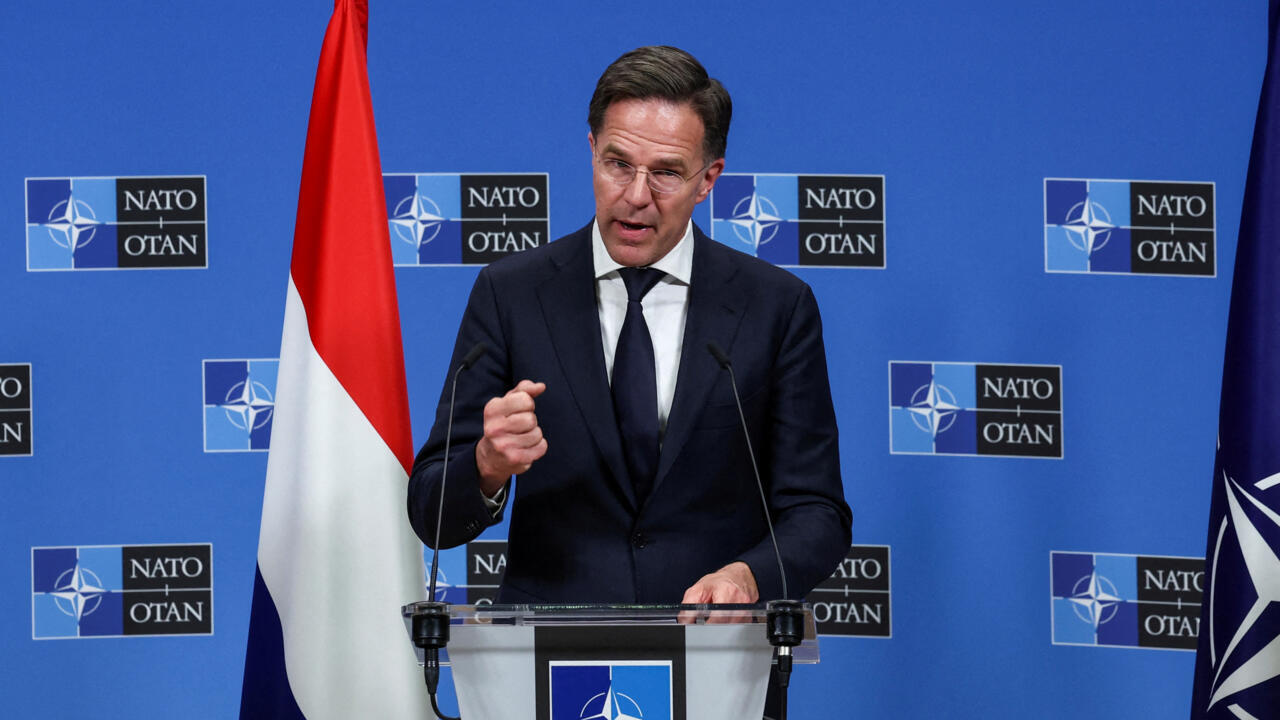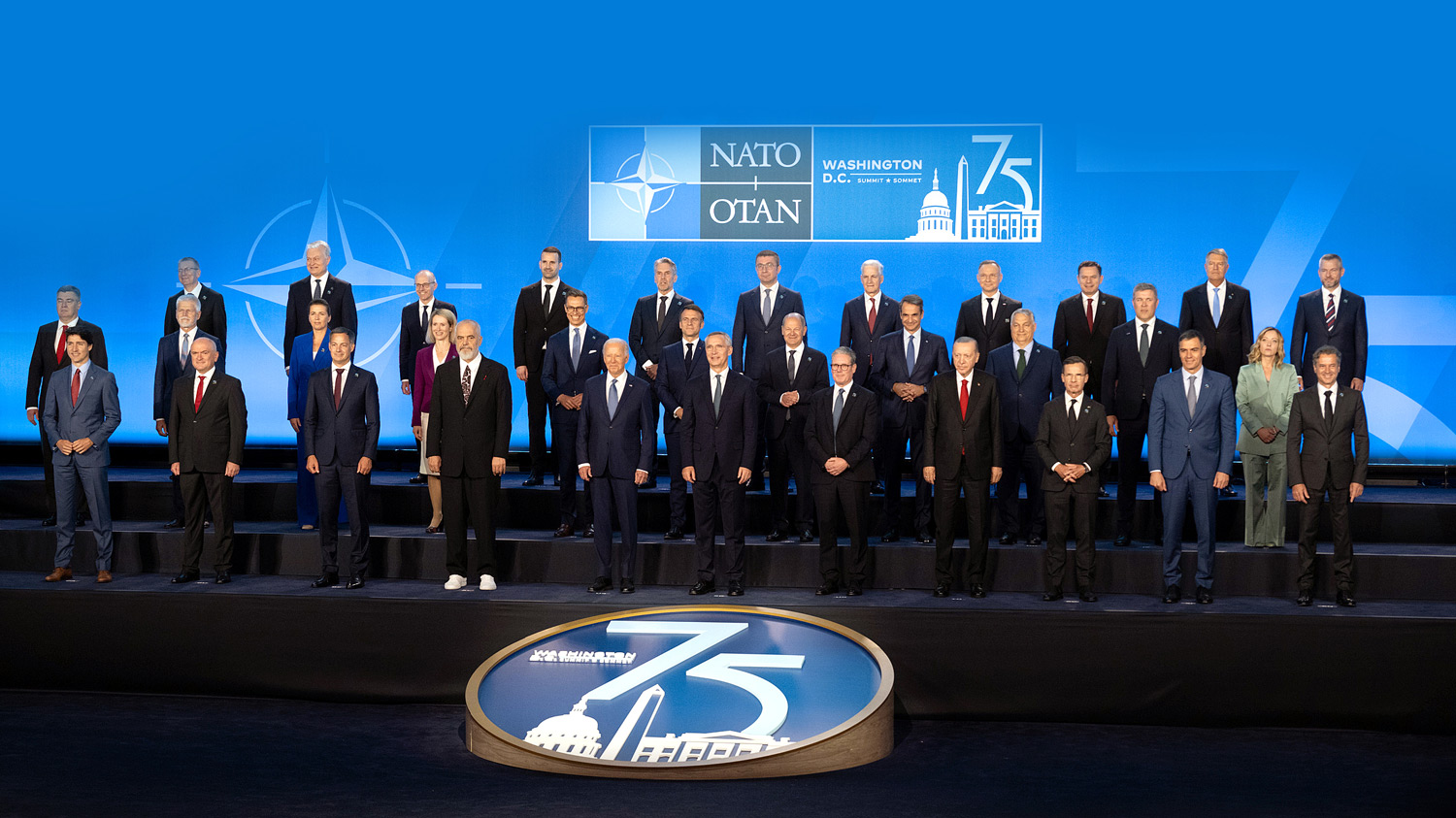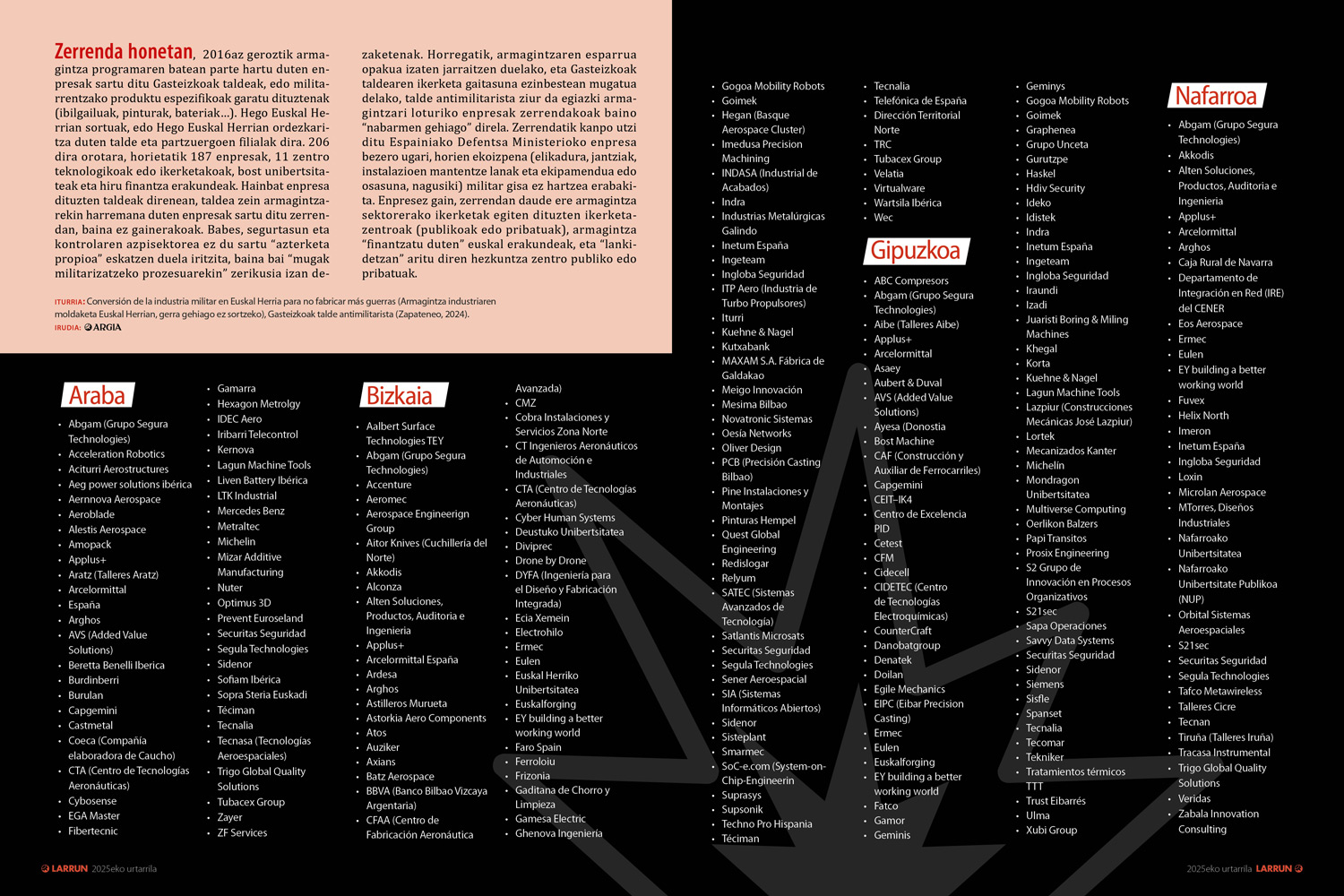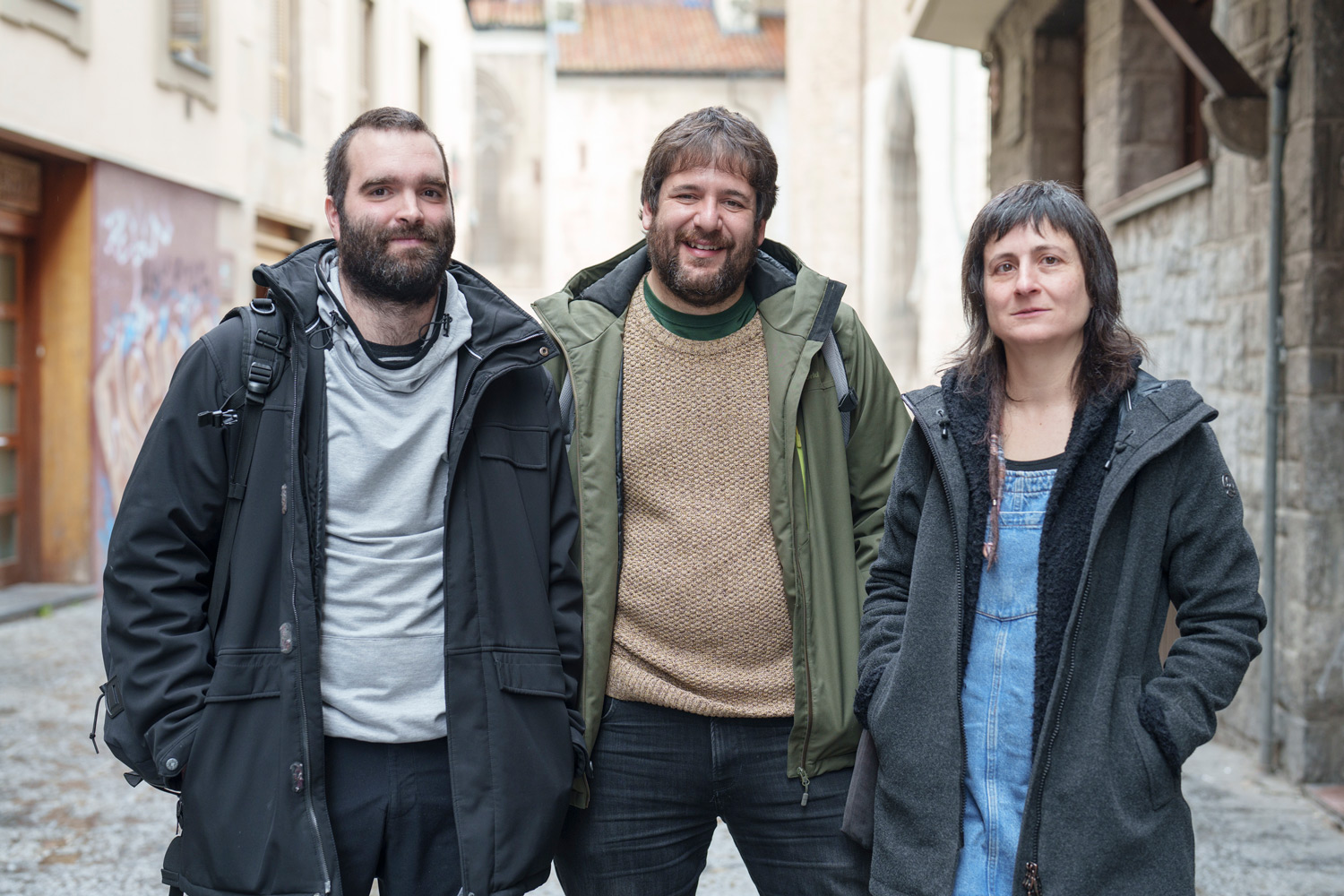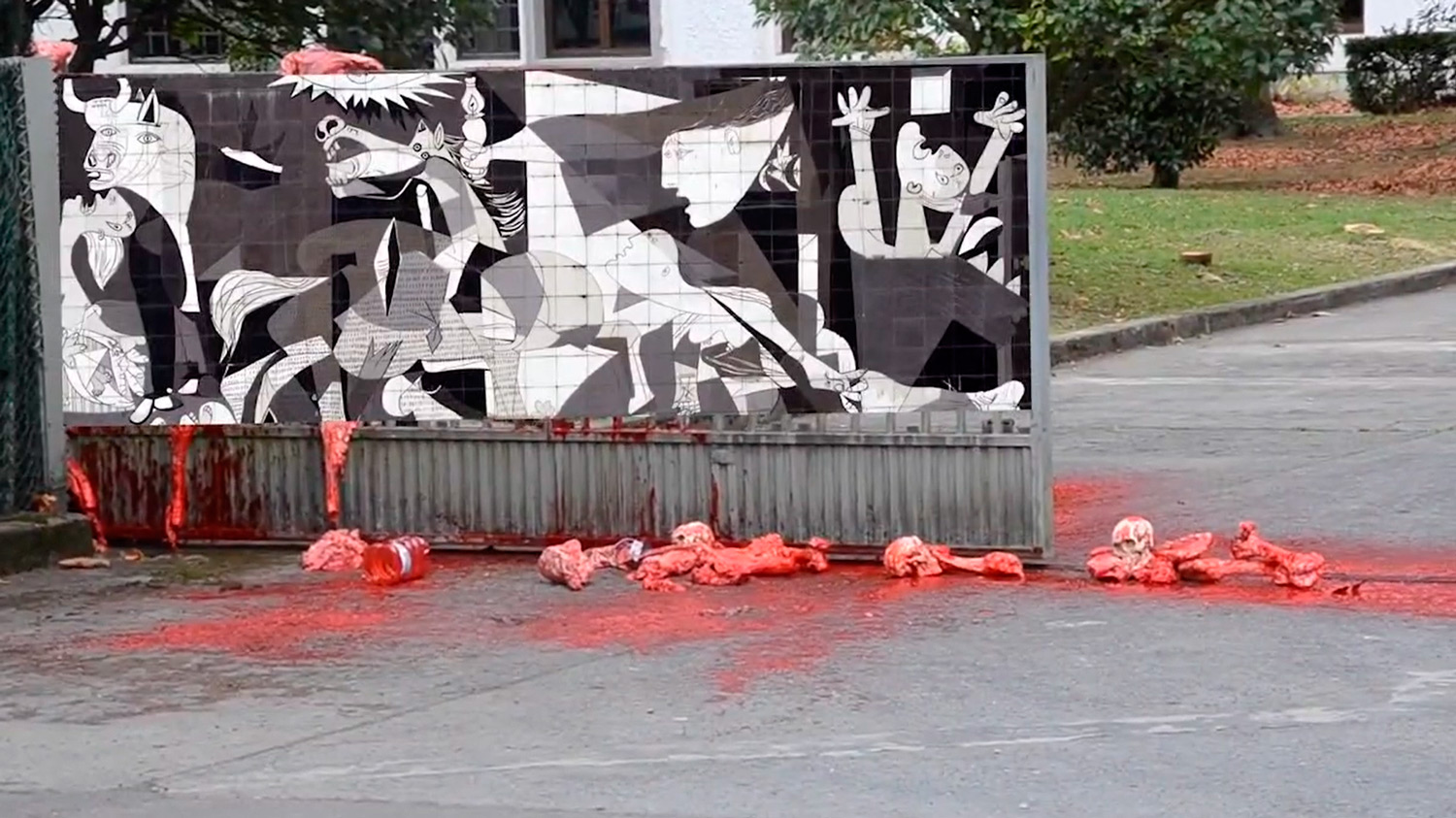“The merchants of death no longer hide, nor the Basques”
- An atypical image was seen on 18 March in the palace of the Moncloa of Madrid, meeting with the president of the state military industry, Pedro Sánchez, and the minister of defense, Margarita Robles. The heads of the military companies of Hego Euskal Herria were also present, including the president of the Real Sociedad, Jokin Aperribay. Governments have seldom realised such meetings. Is it the reflection of the wars and times of militarism that we live and want to deepen?

“Sanchez has ratified Spain’s support for Ukraine and has called the defence sector to be key in the European Industrial Defence Strategy,” the Government of Spain’s website said in its line. According to the news, Sánchez thanked the representatives of the arms industry and recognized its importance: “The Head of Government has thanked the managers of the defense industry companies for their commitment in a very complex geopolitical context, in which Spain is working to prepare for security threats and increase the level of strategic autonomy.”
Politicians and entrepreneurs talked about the intentions and challenges of the near future. They want to multiply the business: “Spain wants to make the sector a key player in the European Industrial Defence Strategy, presented a few days ago”. To this end, they envisaged, inter alia, increasing “leadership”, boosting R & D or increasing jobs in European military programmes. According to the information provided by the Government in the news, the Spanish State is the fourth European exporter in the armero sector, the eighth global, with 36,000 employees.
"The heads of the military industry of Hego Euskal Herria were present at the Moncloa meeting: Juan Ignacio López Gandasegui (Aernnova); Jokin Aperribay (SAPA); Carlos Azola (ITP Aero); and Andrés Sendagorta (SENER)"
At the Summit there were 24 people from 23 companies, all men except Maria Eugenia Clemente from Aciturri. Moncloa shared four photos of the meeting, all but one from a group, in which Clemente appeared giving his hand to Sánchez in the foreground.
The Basque trade in death also in Moncloa
The meeting of Moncloa was attended by the heads of the military industry of Hego Euskal Herria: the president of Aernnova, Juan Ignacio López Gandasegui; the president of SAPA, Jokin Aperribay; the president of ITP Aeroko, Carlos Azola; and the president of SENER, Andrés Sendagorta. ARGIA asked the anti-militarist group to comment on the significance of the public dimension of the session, which was public but limited, as there was hardly any means of communication. Vitoria-Gasteiz has confirmed that the image of March 18 is not common, “the merchants of death no longer hide, not even the Basques,” and has surprised with the following hypothesis:
“If it was a Moncloa initiative, in search of electoral benefits, the top bosses of these companies did not come to the meeting and took a picture. And Moncloa, the owner of the images, would open much more than he has done. It is more logical to think that these merchants of death have imposed images so that the institutionality of the scene, for the place and character, helps to clean the image of those who do business with wars.”
For its part, Vitoria-Gasteiz has highlighted the atmosphere of “friendship and trust” among the Basque representatives who show the images. “This friendship denounces that the relations between them are much more frequent than what they publicly show.” With the political support given to the arms entrepreneurs, they have recalled that it is common in Euskal Herria: “The different presidents have ‘posed’ with these characters.” This political support “drives” an increasingly serious reality: “The number of companies in Hego Euskal Herria participating in the military industry in the last ten years has multiplied in a very worrying way, already more than 200”.
"The number of companies in Hego Euskal Herria participating in the military industry in the last ten years has multiplied very worrying, already more than 200"
Deepening war and militarism
Meanwhile, Moncloa’s photo has been in the midst of a proliferation of militaristic messages from the Western authorities. The leaders of NATO or the President of the European Commission, Ursula von der Leyen, have taken for granted on several occasions, such as the direct war between Russia and the European Union in the medium term, to which they have called for the reinforcement of militarism and military spending. French and German governments are talking about the possibility of re-establishing compulsory military service. “The threat of war is total and society is not entirely conscious,” said Spanish Defense Minister Margarita Robles, the day before meeting with military industry leaders in Moncloa.
Moncloa’s photography makes it possible that messages and policies that until recently would not be acceptable are becoming acceptable. “It’s becoming increasingly clear: the wars start here and the wars in the photo are the ones that are enriched with them,” Vitoria’s anti-militarist group rounded off.
Europar Kontseiluak onartu du Ursula Von der Leyenek gastu militarrean proposatu duen 800.000 milioi euroko gastuarekin aurrera egitea. Horretarako bi arrazoi nagusi argudiatu ditu: Errusiari aurrea egitea eta Europar Batasunak aurrerantzean bere burua AEBen babes militarrik... [+]
Ursula Von der Leyen Europako Batzordeko presidenteak Europa berrarmatu plana aurkeztu du, kontinentea "erresilientea eta segurua" bihurtzea xede duena. Bost zati ditu planak, eta estatu kideek 150.000 milioi euro jasoko dituzte mailegutan. Arau fiskalak moldatuko... [+]
Euskal Herriaren industriaren etorkizuna ezin dela "heriotzaren, odolaren eta armen gainean" eraiki aldarrikatu dute mobilizazioaren antolatzaileek. Euskal erakundeen nahiz alderdi politikoen "isiltasuna" salatu dute.
In mid-January, the Cedarras Forum presented the report Euskadi and the European Union, the shared destiny of prosperity and competitiveness. It contains recommendations for the PPAs, taking as a reference the reports submitted by Draghi and Letta for the European Union.
Based... [+]
Pilar Calcada is part of the Cedars group. On January 15th, the group called to take advantage of the “excellent opportunity” that will exist in the coming years to boost the arms industry, in an ostentatious event that resonated a lot. According to the study of the... [+]
On January 15, the techno-business lobby called Cedarios presented its 6th report, Euskadi and the European Union, the shared destiny of prosperity and competitiveness. This neoliberal Think Tank, made up of eminent experts drawn from the world of finance, presented a magical... [+]
Lehen aldia da Hego Euskal Herriko euskal gehiengo sindikalak armagintza industriaren moldaketaz taldean eta modu publikoan hitz egiten duena. Aurreko hilabeteotan mugimendu antimilitaristak bilera bana egin du lau sindikatuokin, produkzio militarra “sozialki... [+]
Armagintzaren “moldaketa eraldatzailerako” proposamena publiko egin berri du mugimendu antimilitaristak. Conversión de la industria militar en Euskal Herria para no fabricar más guerras (Armagintza industriaren moldaketa Euskal Herrian, gerra gehiago ez... [+]
On 26 December, during an air strike, the Israeli Army killed five Palestinian journalists trying to reach the city. They killed 130 Palestinian journalists. This news has reminded me of a couple of things, the first, the persecution of true journalists in any part of the world,... [+]










